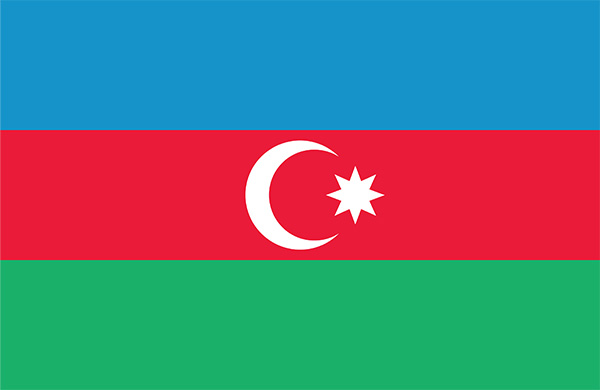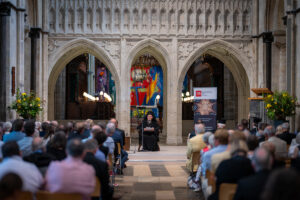Many observers have seen the recent conflicts between Azerbaijan and Armenia as a revival of the dark days of the Armenian Genocide of the early twentieth century, when the Ottoman government pursued the systematic extermination of 1.5 million Armenians, mostly Ottoman citizens within the Ottoman Empire and its successor state, the Republic of Turkey, as well as over 1,000,000 Greek Orthodox Christians and 300,000 Assyrian Christians. The similarity between the Armenian Genocide and recent events was also evidenced in Azerbaijan’s targeting of churches.
For more ChristianPersecution.com coverage of the persecution of Christians in Azerbaijan and the areas it controls, see here.
“Last bus of fleeing Armenians leaves Nagorno-Karabakh to bring end to exodus: ‘It’s a ghost town,’” by Bel Trew, Independent, October 2, 2023:
The last bus carrying ethnic Armenians has left Nagorno-Karabakh, bringing an end to an extraordinary exodus of more than 100,000 people since control of the region was retaken by Azerbaijan.
Fifteen passengers with serious illnesses and mobility problems were aboard the bus as it left the breakaway enclave, said Gegham Stepanyan, Nagorno-Karabakh’s human rights ombudsman.
Armenian authorities said that 100,514 people – or 85 per cent of residents – have crossed into Armenia from Nagorno-Karabakh, which is recognised internationally as a part of Azerbaijan but has operated as a de facto state for several decades following a war in the wake of the collapse of the Soviet Union.
As the last buses left, videos emerged showing eerily deserted streets inside the main city of Stepanakert, or Khankendi as it is known in Azerbaijan.
Empty prams, baby cots, children’s scooters and chairs are shown scattered across the main street, where tens of thousands of people had gathered waiting for buses and cars. Azerbaijani police checkpoints have been set up on the city’s edges, and Russian peacekeeping troops are still manning their bases on the outskirts.
Former residents who had fled in recent days told The Independent it was a “ghost town”.
“We don’t know what will happen now,” said Lusine Barkhudaryan, a former member of the self-declared government, who had reached the Armenian border town of Goris. She said she only knew a handful of people who had stayed behind, mostly the elderly as they had nowhere to go.
“We can’t go back. All the things we created for decades have gone.”…







